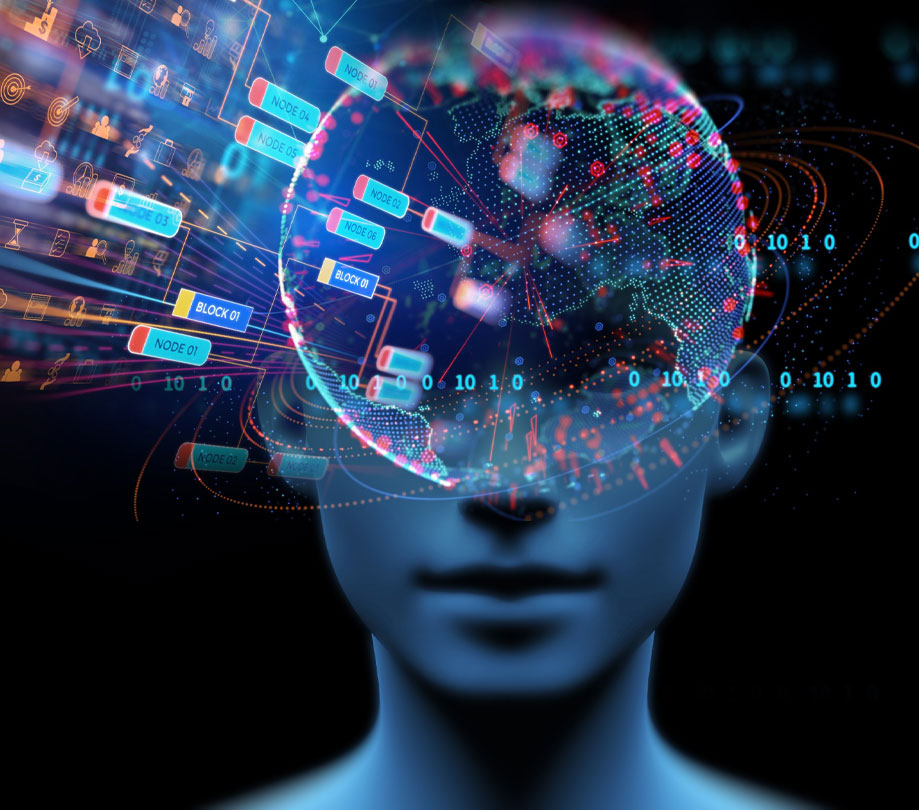The transformation to remote and hybrid work setups has been notably innovative. This revolution has molded the ways we collaborate, communicate, and engage. In this new age of work routines, flexibility and innovation are promoted, but it also produces challenges, particularly in maintaining and improving crucial team cohesion and productivity skills.
The conventional office setup has declined, and spontaneous chats in the kitchen or informal face-to-face learning are becoming less standard. It leads to a crucial question; are our soft skills, vital for effective teamwork and leadership, in danger in this transforming work environment?
Contrary to popular belief, the answer is yes, but not as you might envision. Soft skills are not diminishing; instead, the attention is shifted to the more subtle set of ‘human’ skills. As in-person interactions are less frequent, conventional soft skills like communication and teamwork are adapting to conform to the digital and hybrid landscapes. This adaptation has stressed the importance of deeper traits like emotional intelligence, empathy, and adaptability – skills critical for thriving in a technologically-driven environment.
Emotional intelligence, for example, is now more vital than ever. In a remote setting, understanding and responding to colleagues’ emotional cues often transmitted through text, voice, or video, require a heightened level of sensitivity and empathy. Leaders must manage these new dynamics, ensuring their teams feel supported and connected despite the physical distance.
In this changed work environment, it’s crucial to invest in learning and development (L&D) to nurture these human skills. Companies need to concentrate on training initiatives that stretch beyond traditional soft skills to include emotional intelligence, digital communication, and remote leadership.
A notable example of this learning approach is Womble Bond Dickinson (WBD), one of UK’s leading law firms. They utilized online learning to assist their transition to a hybrid work setup. By providing employees with flexible, self-guided learning chances, they filled the gap for communication and leadership skills, essential proficiencies for success in remote work settings.
Continuous learning plays a crucial role in modern-day workplaces, as demonstrated by the sound approach of WBD. Courses like ‘Sixty-Second Delegating’ and ‘Great Conversations’ supplemented their remote supervisory programs, helping leaders to cope with handling hybrid teams.
Learning and development projects are invaluable in equipping employees with the tools they need to succeed. Training initiatives that focus on effective virtual communication can assist team members in articulating their ideas clearly and building more robust online connections. Emotional intelligence workshops can also enhance employees’ capacity to manage their emotions and empathise with others, resulting in more cohesive and resilient teams.
Starting with online self-assessments is a simple way to identify areas that need improvement. Leaders who actively participate in continuous learning inspire their teams to do the same, promoting a culture of ongoing learning and edification. Demonstrating a passion for growing their human skills inspires teams to prioritise personal and professional development.
Companies that have flourished in the remote and hybrid settings often share a dedication to creating a supportive and inclusive culture. These prosperous companies acknowledge the need to adjust their communication, collaboration, and mentorship methods to fit the virtual space.
Virtual check-ins, team-building activities, and guidance programs are essential to maintaining unison and boosting morale. Integrating human skills into these practices can uplift their effectiveness.
The remote and hybrid work models present unique challenges, but they also offer thrilling opportunities for growth and development. By focusing on human skills and spending on targeted learning and development programs, corporates can successfully sail through these alterations. Embracing this strategy will not only aid teams in adapting to the new work environment but also redefine effectiveness and engagement in today’s workspaces.
The shift to remote and hybrid work models has altered the way we interact and collaborate, emphasizing human skills’ critical importance. Prioritizing emotional intelligence, empathy, and flexibility, and investing in comprehensive learning and growth, can ensure teams remain robust, cohesive, and prepared for future challenges.




